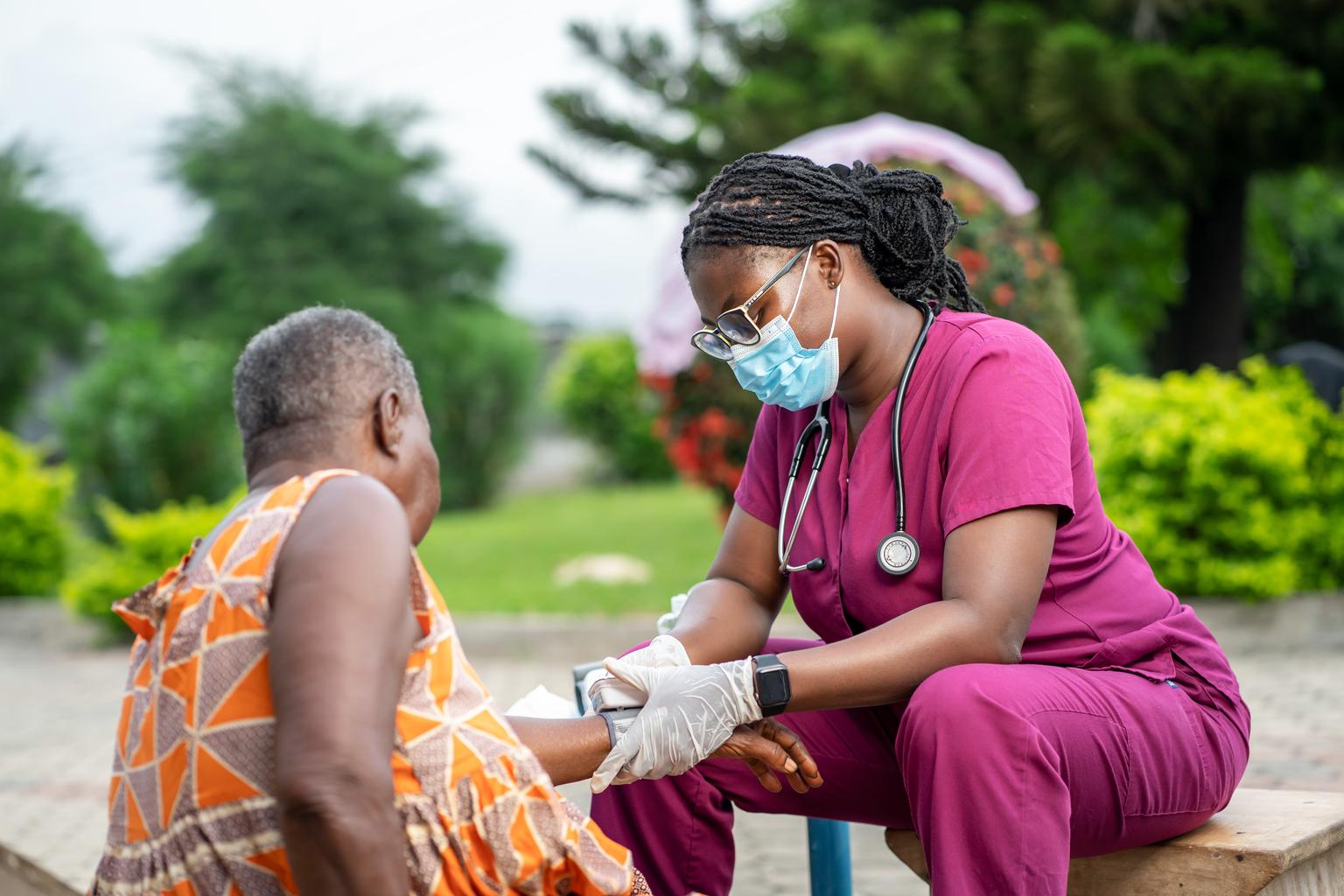I arrived in my scrubs. My head rang with the cacophony of the past 26 hours on call in the NICU — the intubation blade's clang as it fell onto the tile floor, the slick thwap of the umbilical cord being cut, the gurgly first cry of a 28-week infant, the incessant staccato of the delivery pager.
The ordered routine of the MRI suite was calming. Bleary-eyed, I shoved my hospital badge and pager into my bag. The MRI tech gave me a puzzled gaze: I was wearing an unusual outfit for a patient.
"I'm a resident here," I said.
"Oh, OK, doc. Do you want to change into our scrubs?"
I traded light blue for light green and an oddly cut wraparound robe I always seemed to fasten incorrectly — you would think after all my experience as a patient, I'd be better at it.
Swaddled in warm blankets and a plastic exoskeleton, I entered the tunnel.
I thought of the babies I'd just left in the NICU. Did they sing along to their monitor's beeps? Were they comfortable in their plastic cocoons?
Soon I was home, trying to sleep and flush out the contrast, burying my anxiety. I would be back in the NICU soon. Keeping occupied before getting my every-six-month scan results always helped.
I was diagnosed with liposarcoma just before I became a medical student; it recurred in medical school and again in residency. Like strands of DNA winding in parallel, I received an education in patienthood and doctoring concurrently. I wear both the hospital gown and the white coat. I have studied the histology of tumors and wondered what my own had looked like under the pathologist's microscope. I have told dozens of patients they have cancer, then thought of my own stupefying shock when the same words were said to me. I have ordered Zofran and fentanyl and Ativan for patients, remembering the relief I felt as those medications entered my own veins.
Training in medicine can make one feel "other" — separate from patients, somehow different, perhaps slightly superhuman. My cancer has kept me from this; it grounds me, reminding me of my vulnerability. My medical degree has given me the knowledge and skills to save lives, yet I still cannot save my own. I don my white coat, yet I know it isn't an impenetrable barrier; it can be traded for a hospital gown at any time. Living with an awareness of such unpredictability helps me treat others the way I want to be treated. It helps me honor the shared humanity between patient and doctor.
Here are some lessons I've learned in a dozen years in my experience as a patient.
Remember that illness is not routine
Keep in mind that what is routine for us as physicians is rarely so for patients — explain more, be patient, address worry or confusion. Always ask patients what worries them the most; it's often not what you assume. Acknowledge the disruption and trauma illness causes.
Be thoughtful about test results
Give important results as promptly as possible; waiting for pivotal test results is one of the most agonizing aspects of being a patient. Ask patients beforehand how they like to hear results. Give time after sharing results to truly assess understanding and support patients emotionally.
Consider each personal journey
Your illness experience may be generalizable, but don't assume your patients' journeys will be the same as yours. It can be most helpful to use your personal experience undergoing procedures or tests to help patients know what to expect — the pain of a chest tube, the uncomfortable warmth of CT contrast, the fear of a biopsy. Consider what worked to relieve your discomfort and offer it to your patients.
Seize moments of comfort
Giving a warm blanket, a cup of tea or a smile can make a big impact on a patient's experience. Address the psychosocial aspects of illness explicitly. They are often the silent passenger of chronic or serious illness and need to be treated as well. Always remember illness is just one part of your patient's life — it defines them in our medical space, but less so when they're outside it. Most importantly, think about how you want to be treated when it's your turn in the gown, then treat every one of your patients that way.





